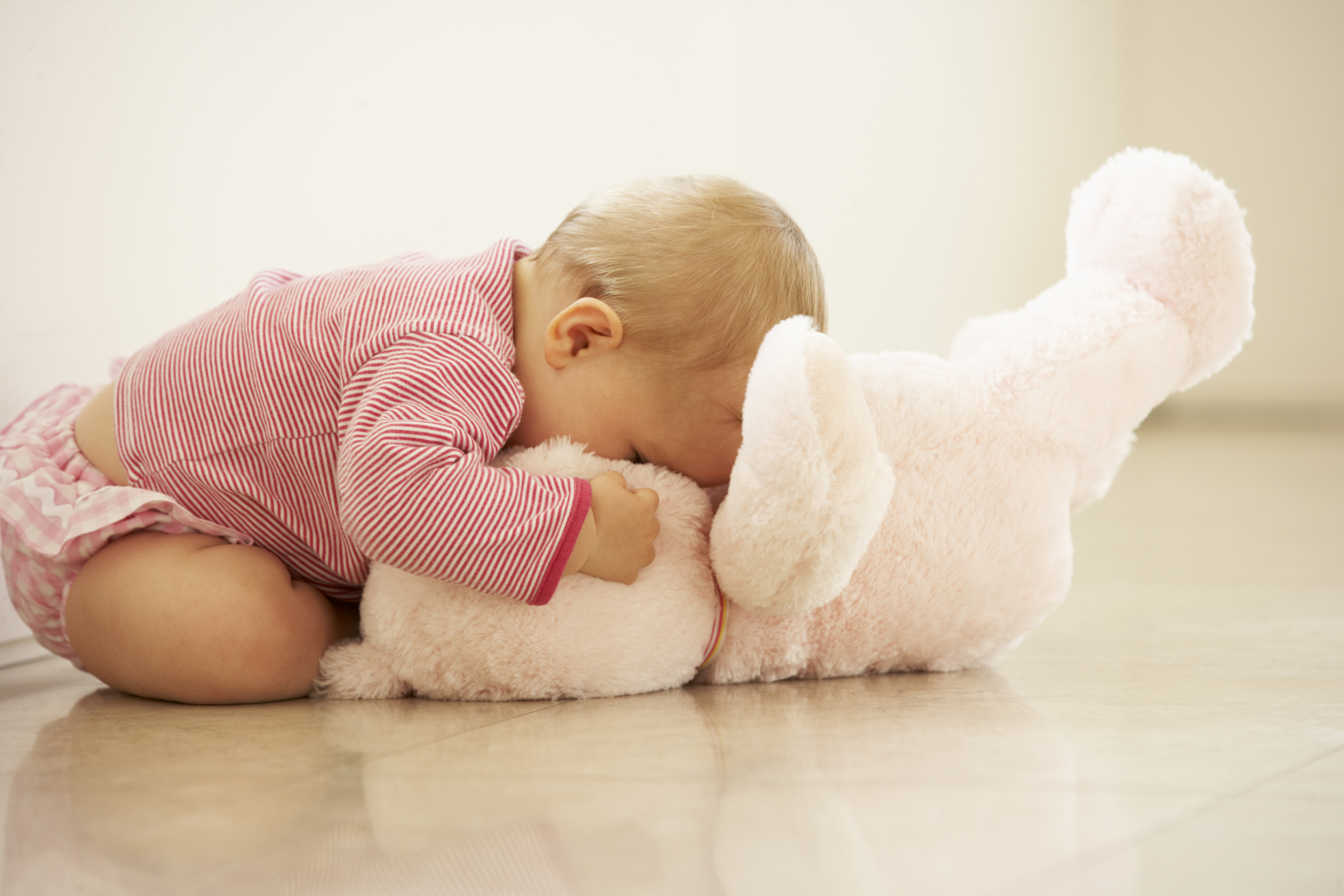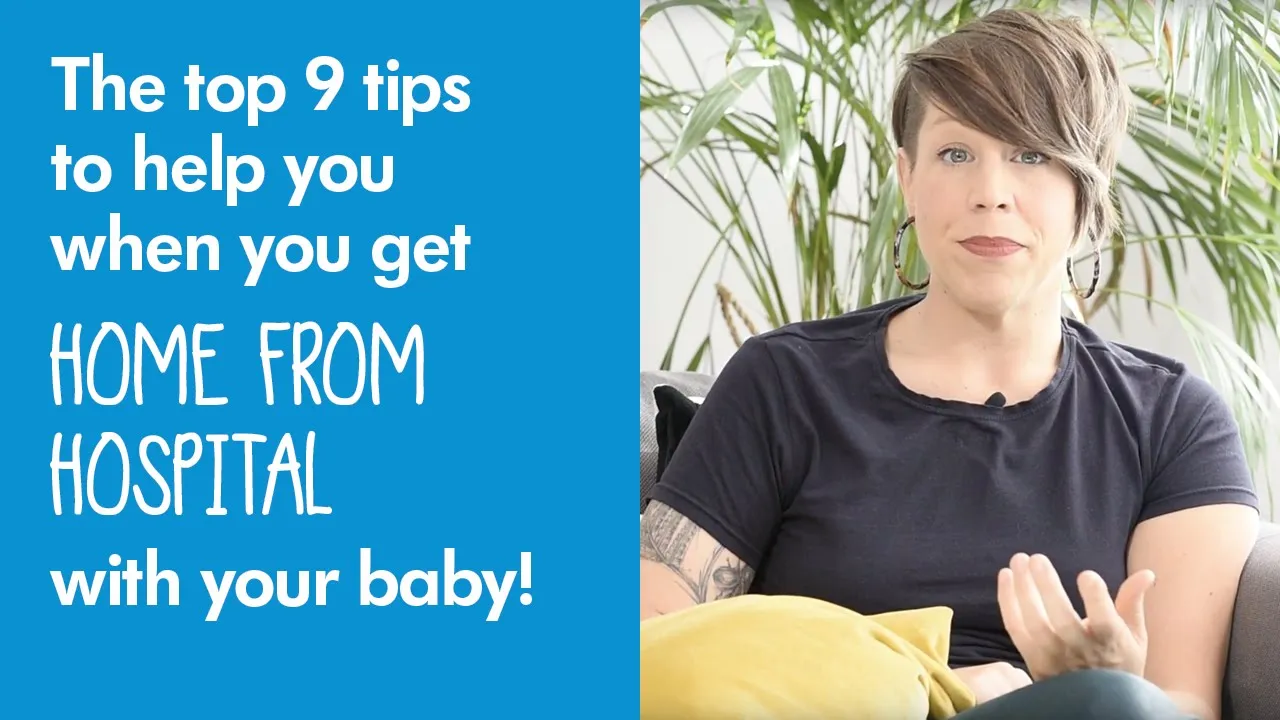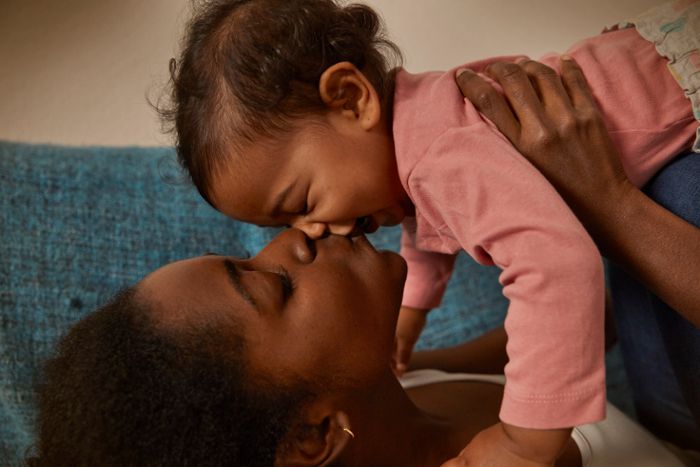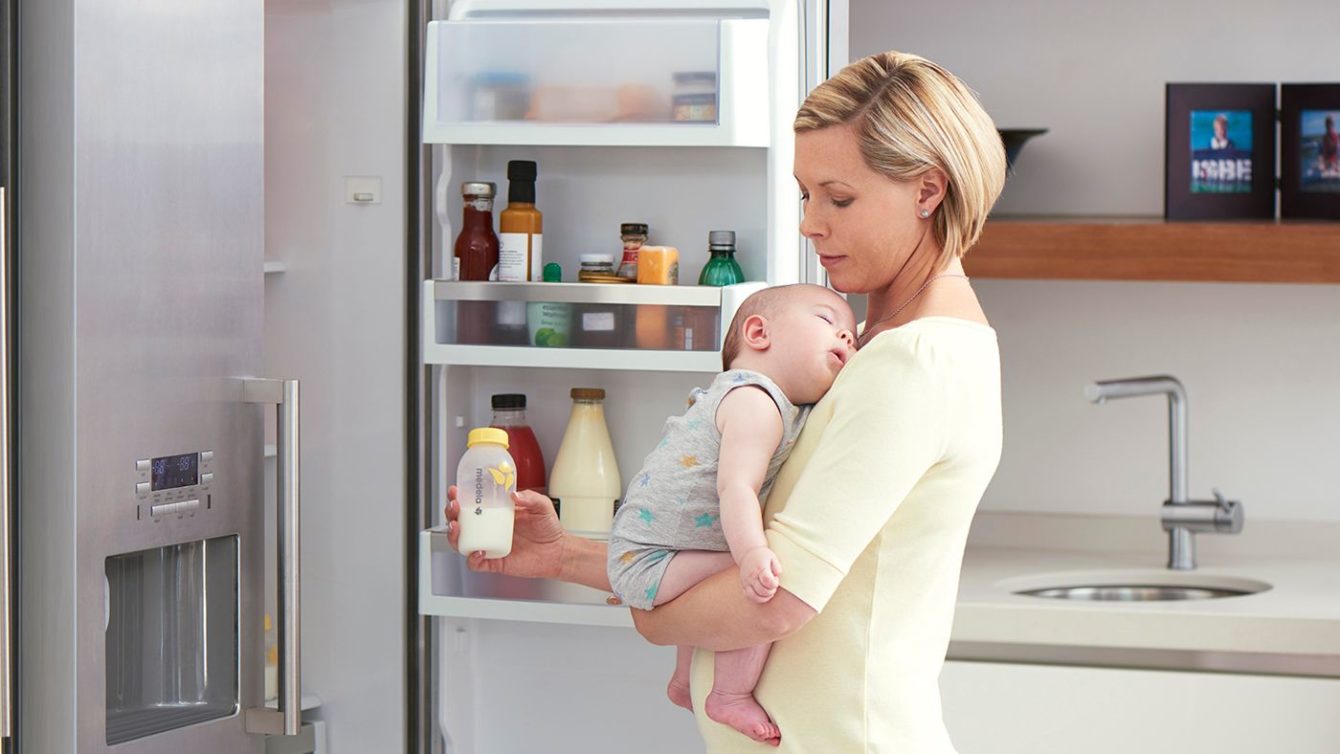There is a reason why they call toddler stage “the terrible twos.” Toddlers are growing and developing quickly and their little minds are learning how to adapt to the world around them. Sometimes these “growing pains” can lead to frustration and emotional outbursts by the child. As a result, many parents find that it is common for their toddlers to have frequent “toddler meltdowns.” However, even if this behaviour is “normal,” that does not mean it is easy to endure while it is happening. How can parents learn some skills and insights to cope with toddler meltdowns?
Keep in mind that toddlers are not throwing tantrums because they are trying to be disruptive or trying to hurt you. There is always an underlying emotional reason of some sort that is driving the toddler’s behaviour. Sometimes they might be feeling fatigue, frustration, hunger, excitement, or jealousy. The bottom line is that two basic emotions that generate most toddler meltdowns: anger or sadness. Remember that there are biological reasons for toddler behaviour and parents should not feel guilty or responsible. Just because your toddler is screaming and refusing to get up off the floor, that does not mean you are a bad parent!
There are some things that parents can do to minimize the length and intensity of the outburst. So, what are the best techniques for managing toddler meltdowns?
Watch for Warning Signs
Once a toddler is worked up, it can be hard to help them settle down. Pay attention to the kind of situations that tend to provoke these meltdowns and make adjustments as needed.
Signs of an impending toddler tantrum might include:
- Aggression – physical violence like punching or kicking
- Self-harm – scratching, biting or banging its head
- Sadness – crying, sulking or moodiness
Another tip is to pay attention to places where the toddler tantrums are most likely to happen. Are there places that seem to trigger tantrums? These could include play areas, shops, or other places where they are in a group of other children. Sometimes toddlers feel stressed in certain environments and lack the skills to communicate their feelings. So instead, they resort to tantrums.
Remember! If your child has tantrums, don’t feel alone. In a WebMD article, they cite research that shows that tantrums occur in seven out of ten (70%) 18- to 24-month-old toddlers. In addition, more than three-fourths (75%) of 3- to 5-year-olds have episodes.
However, if your toddler is having many tantrums to the point that it is disrupting everyday life to an excessive extent, seek help to make sure there is not a deeper issue.
Understand Why Toddlers Have Tantrums
Toddlers have tantrums because they are still learning how to co-exist and communicate. The area of the brain that controls social behaviour and regulates emotion is the last part of the brain to develop and mature at around age 4. While kids this age can walk, run, climb and display emotional affection, they are still learning how to control and channel their less-constructive emotions.
The things that are logical and reasonable to adults like “it’s time to pick up after ourselves, it’s time to go home from the playground, we cannot eat hamburgers for dinner tonight,” etc. – might seem confusing, frightening, frustrating or scary to toddlers.
Don’t Let a Tantrum Be Contagious
Perhaps the biggest challenge for parents during a toddler meltdown is to stay calm in the face of a toddler tantrum. Do not let the child drag you down with them! Children’s rage and loud screaming can unfortunately, be quite contagious. Parents might often escalate their behaviour too. However, while we’ve all been tempted to lose our tempers, this is self-defeating and counter-productive. Getting mad at your child for being irrational is like throwing gasoline on a fire.
Try to stay calm. Take a deep breath, close your eyes. Remind yourself that your child’s behaviour does not mean you are a bad parent, and it does not mean that they are a bad kid. They’re just having a bad day. Do not reward bad behavior, but practice gentleness and forgiveness with your child. Instead of yelling, just give them some space and let the tantrum burn itself out.
Help Child to Calm Themselves
Many parents have recently become interested in cultivating a sense of mindfulness with their children. Don’t reinforce the tantrum by soothing them or hugging them during the tantrum – that reinforces the bad behaviour by sending the message that “they get a hug when they are having a tantrum.” Do not unintentionally reward undesirable behaviour.
It’s better to say, “I’m sorry you’re upset. When you calm down, I’ll give you a hug and we can talk about what happened.” Encourage positive self-talk. Speak calmly and with a soothing tone after the tantrum.
Keep in mind that these tantrums will usually pass very quickly – the average tantrum lasts about 3 minutes, and usually within five, they are back doing something else with hardly any memory of the tantrum.
Toddlers are a wild and wonderful mysterious force of nature. They are adorable and aggravating, irrational and irresistible! They are almost running on a secret juice that even they do not understand.
Toddlers can transition from sad to happy and from angry to calm in an instant. So enjoy the post-tantrum hug and know that their little brains are growing stronger and more discriminating every day. The most important thing is to not blame yourself – know that you were like this once and that if you can avoid dwelling on this unpleasant moment of the tantrum, there are going to be far more loving and positive moments when managing a toddler meltdown is a distant memory.
Do you have a memorable toddler meltdown story? Have you discovered any helpful tricks to get past a toddler tantrum? Join the discussion on our Medela Singpore Facebook community!






















